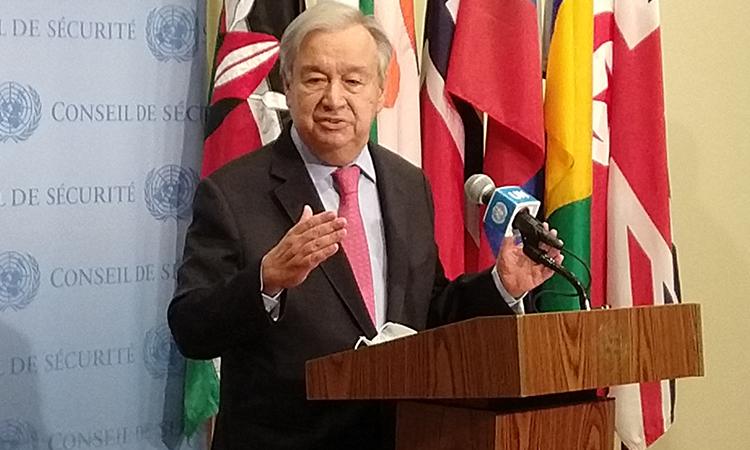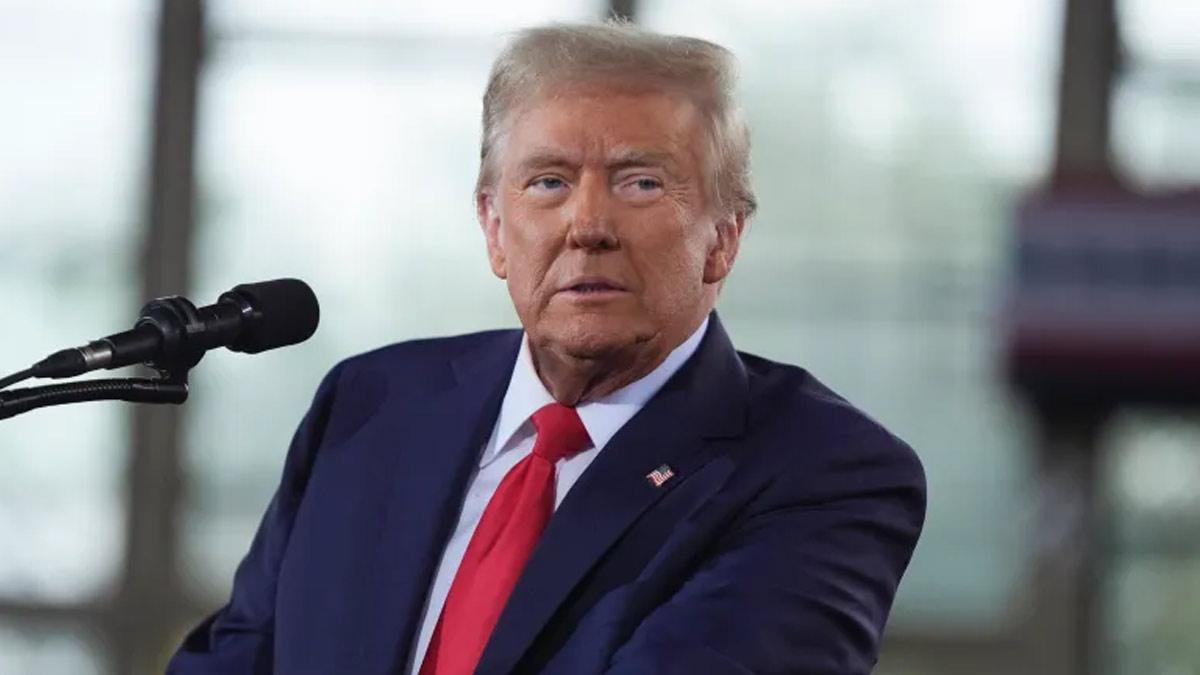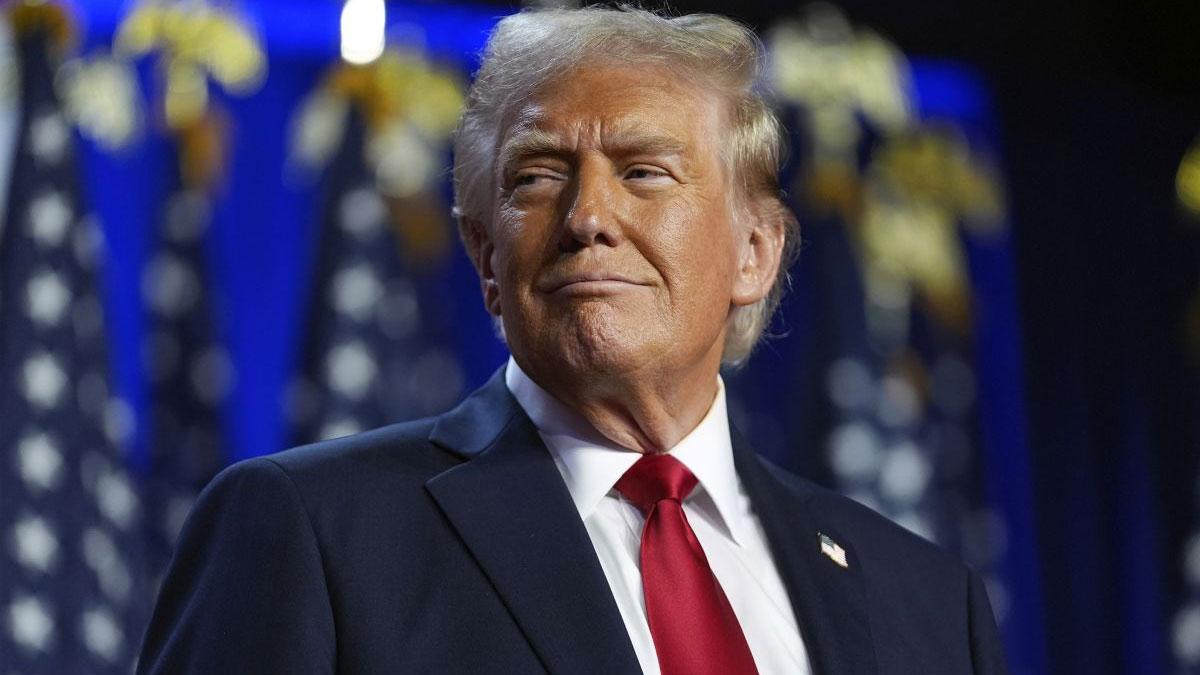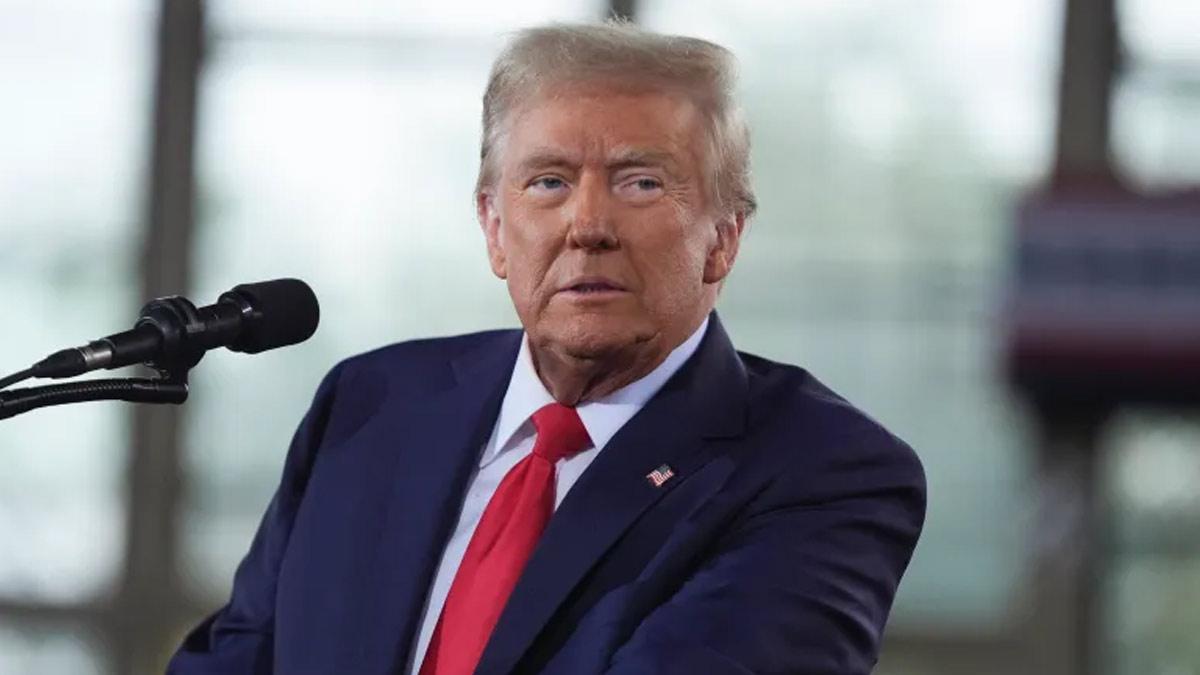Asserting that the Afghan people should not "suffer collective punishment" for the actions of the Taliban, UN Secretary General Antonio Guterres appealed on Monday to the international community to come to the aid of the nation.
He said that regardless of the questions like recognition of the Taliban regime, the country's frozen assets and ensuring the regime keeps its word on many issues, it was imperative to inject cash into the economy to keep the nation from collapsing.
"We need to find ways, respecting international law, respecting basic rules, as I said, we need to find ways to inject liquidity in the economy for the economy to collapse and the people not to suffer," he said.
At the same time, Guterres emphasised that the Taliban should be made to keep its word on human rights and the international community should insist that the rights of women and girls, in particular, are respected.
"Clearly, the main responsibility for finding a way back from the abyss lies with those that are now in charge in Afghanistan," he said.
Also Read | Economics Nobel goes to US researchers for insights into labour market dynamics
"I strongly appeal to the Taliban to keep their promises to women and girls and fulfil their obligations under international human rights and humanitarian law," he added.
Cut off from most sources of international aid that had sustained Afghanistan for 20 years, the country is on the verge of economic collapse and faces the spectre of famine and a humanitarian crisis.
Guterres addressed the dilemma of helping the people in this scenario and not the Taliban that most donors, including India which had pumped in about $3 billion in aid and last year sent 75,000 tonnes of wheat, face.
"I am not saying that I must have international communities give money to the Taliban, for the present authorities. No. We need to inject cash into the economy, we need to make the economy breathe, we need to allow people to survive," he said.
He said that there are ways of bypassing the Taliban and injecting cash inside the Afghan economy through NGOs and UN agencies and let the people receive assistance directly, "and this is what we are being asked".
The Taliban itself is under Security Council sanctions because of its involvement in international terrorism.
The frozen assets of Afghanistan can be put into a trust fund like that of the UN Development Programme to enable the Afghan people to have access to cash, he said.
He acknowledged that issues like recognition, releasing frozen funds and ensuring human rights "will be a messy, complex process" for the international community.
Mary-Ellen McGroarty, the WFP country director in Afghanistan, said last week that there had been discussions with India on resuming food aid to Afghanistan and hoped that the assistance will flow again.
"It's a conversation that's going on with my office, locally in India. So this conversation has been going on for a couple of weeks now. So hopefully, we can bring that to a good conclusion and hopefully we'll see another donation coming in because a there's a big deficit of 2.5 million tons this year in Afghanistan," she said.
Also Read | Imran Khan and Pakistan military in standoff over new ISI chief
Pakistan's blockade of food aid from India through land is a problem for New Delhi, which had to send wheat by sea to the Iranian port of Chabahar, which it helped build, on onward to Afghanistan through roads it constructed.
External Affairs Minister S. Jaishankar said at a high-level meeting convened last month by Guterres on emergency aid for Afghanistan there was a problem of "efficient logistics" and it was, therefore, "essential that humanitarian assistance providers are accorded unimpeded, unrestricted, and direct access to Afghanistan".


















